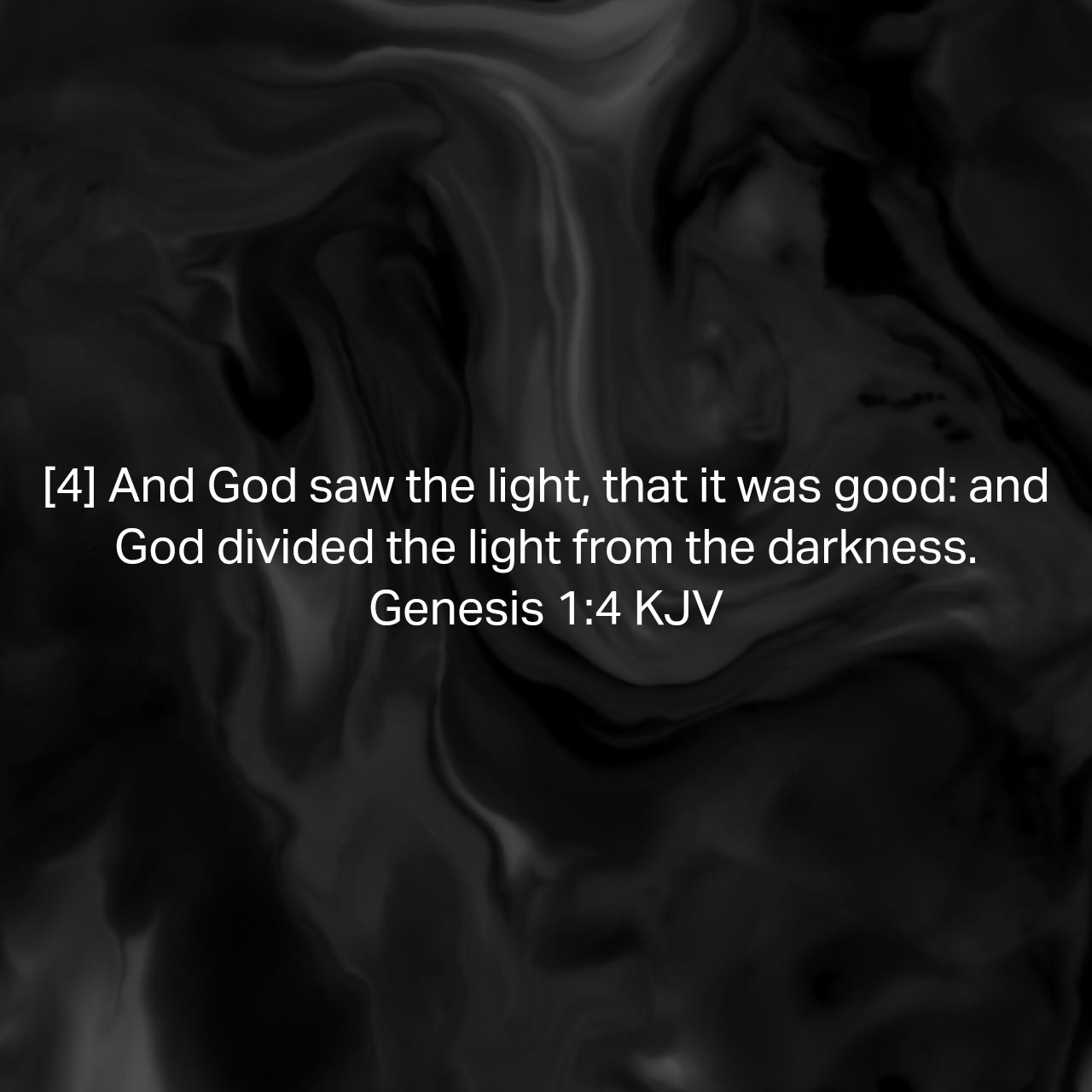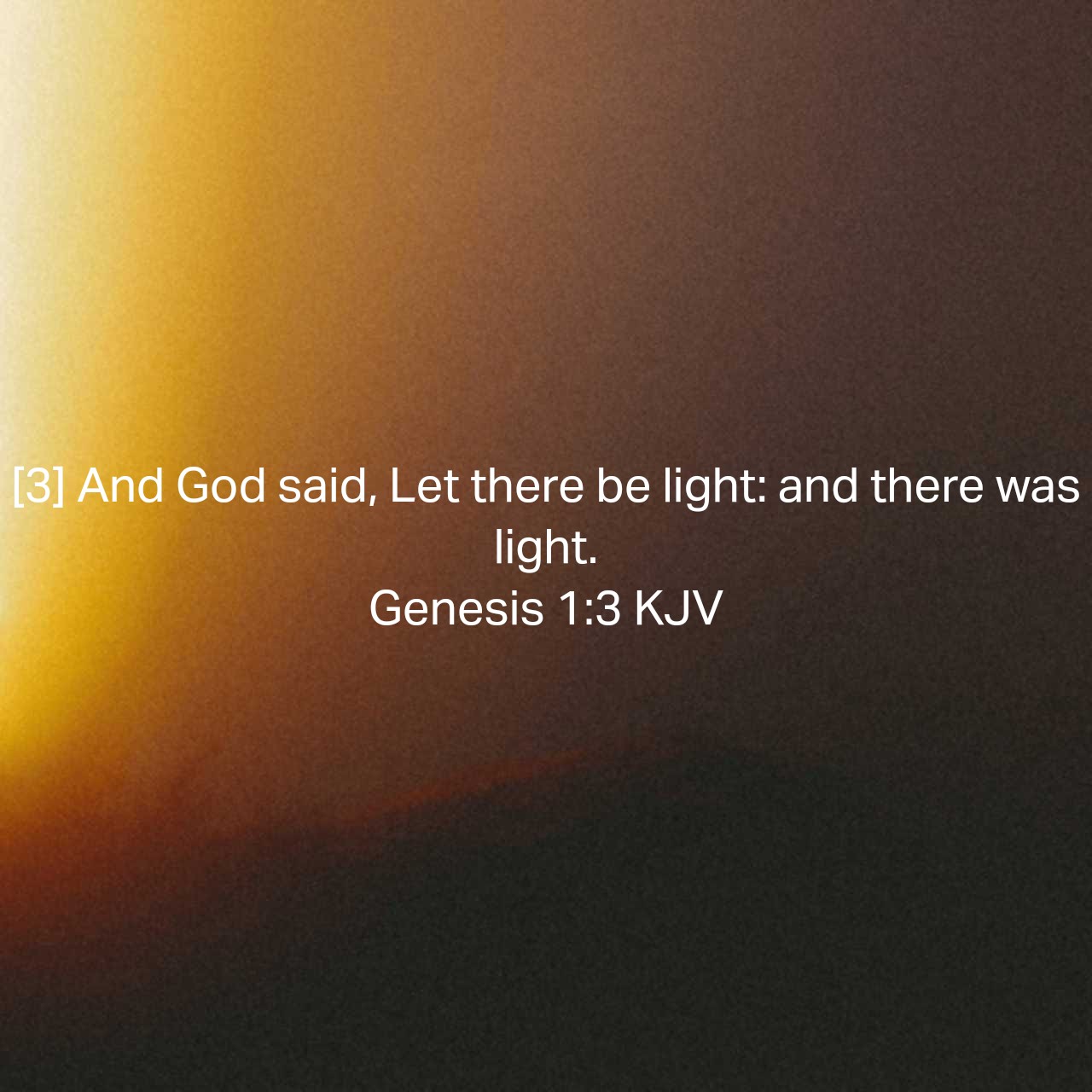Genesis 1:4 (KJV)
“And God saw the light, that it was good: and God divided the light from the darkness.” Read more here. Introduction Genesis 1:4 continues the creation narrative, describing God’s evaluation and separation of light from darkness. Interpretation This verse indicates God’s approval of the light He created, deeming it “good.” It also signifies the establishment … Read more



